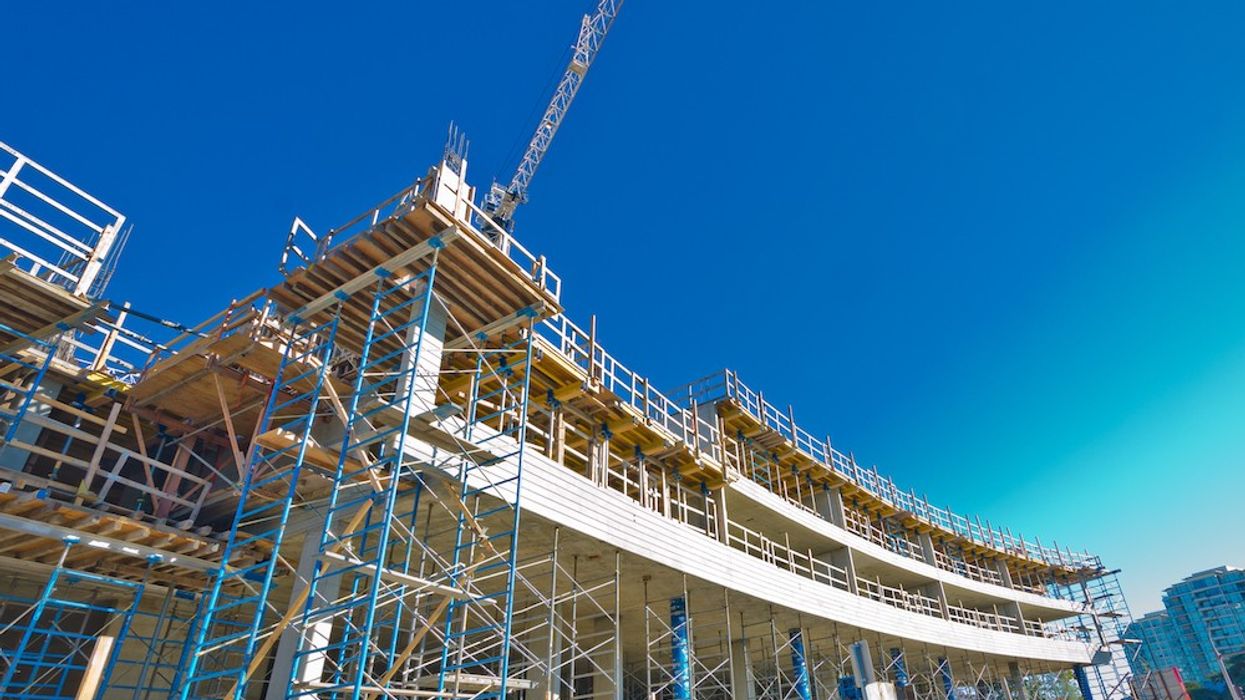There’s good news if you’re a first-time homeowner looking for a new build. Today, Finance Minister Chrystia Freeland announced that the Canadian government would allow 30-year amortization periods on insured mortgages for first-time homebuyers purchasing newly-built homes.
The changes will take effect on August 1.
Organizations like the Canadian Home Builders’ Association (CHBA), naturally, support the move. After the announcement, it didn’t take long for the CHBA to issue a press release, stating its support for the new changes.
“CHBA has been calling for 30-year amortization periods for insured mortgages for new construction because of the urgent need for much more new housing supply. This is a game-changer for those who have been struggling with housing affordability and growing inequities in mortgage access,” stated CHBA CEO Kevin Lee. “This measure will also go a long way to enable our sector to respond to the government's goal of getting 5.8 million new homes built over the next decade. This measure is needed now, to help turn the market around, and will be needed for many years to come if we are to work towards doubling housing starts. The problem has been simple: if buyers cannot get a mortgage to buy a home, then builders cannot build.”
The CHBA also highlights that the rental market should see some relief, as it will enable many Canadians to now leave their rental units and become homeowners. “Through this announcement, the government has recognized that we need to get first-time homebuyers into the market, and it will both support affordability and get more supply under construction,” said Lee.
Others, however, are calling the move, frankly, insignificant when it comes to home prices. Toronto-based mortgage broker and real estate commentator Ron Butler is of this mindset. “This is very insignificant because it’s highly restrictive,” Butler tells STOREYS. “It’s only for new construction and only for first-time homebuyers.”
On X, Butler highlights that most often this will apply to those who purchase homes for less than $1M and who are paying a huge mortgage default premium (and extra five years’ worth) as a result. "Therefore, using 30 year amortization more people would qualify for a bigger mortgage & by extension a more expensive home," he wrote. "What's the impact on Housing Prices? Likely nothing & at most 2% to 3% in some regions. Because less than 20% down payment mortgages are much fewer."
So, while its proponents say that the move will help housing affordability and spur construction, Butler isn’t too convinced. “We’ll only see a microscopic affordability improvement because the move is restrictive and won’t help construction, except possibly in the Atlantic and the Prairies, because builders need lower construction financing rates to really ramp up,” he says.
He highlights that in some provinces, first-time homebuyers are purchasing new builds, but not in the notoriously pricey British Columbia and Ontario, unless they are towns or condos.
Also in her announcement, Freeland announced that the federal government would nearly double – to $60K – the amount that first-time homeowners can tap into from their RRSPs to purchase a home. This figure is up from $35,000. These changes will take effect sooner – on Budget Day, in fact – on April 16.
Well this sounds great in theory, the reality is that today’s first-time homeowners have battled an incredibly challenging economy as of late. “It’s a good idea, but you have to question how much a first-time homebuyer can save in this economy with sky-high rents,” says Butler.
On X, Butler calls the federal government’s announcement a “nothingburger” and a “campaign stunt. Today’s announcement joins a growing list of other recent housing announcements from the federal government as we approach the release of their latest budget.





















